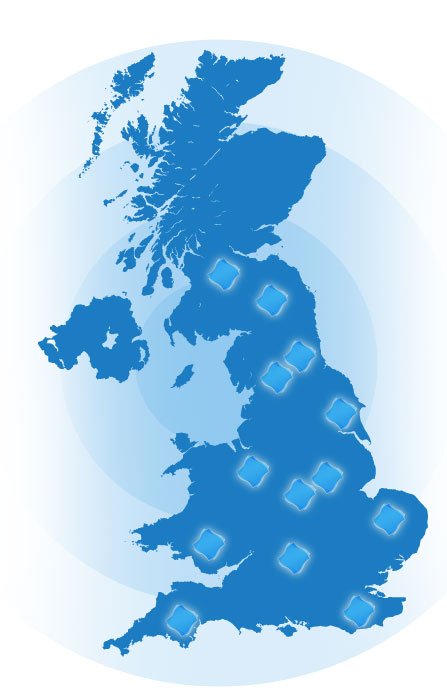We understand that for some businesses it is very difficult to complete a detailed site-specific risk assessment if the site they are working on is many miles from their main business location. Indeed we work with clients where this is the case and have helped to create generic risk assessment templates.
The point though is that we have worked with these businesses to understand the likely risks they would face out on site and have developed the risk assessments with them. We have also helped to train the relevant staff about how each assessment should be adapted to be as site-specific as possible. The guys on site are also trained to complete dynamic risk assessments should issues arise when they prepare to start the works.
What is frustrating however is when the client’s agent rejects the assessments because in their eyes they are “not detailed enough”. It seems that often they want to see risks identified that don’t even exist; we assume, to allow them to tick certain boxes off. What is the point in mentioning hazards such as asbestos on a new build premises? But apparently that’s what they want.
This then leads to contractors having to create large risk assessment documents that cover every “what if” and drifts away from the point of making them site-specific. We have seen risk assessments covering many pages just to ensure every box is ticked and have been told this is what the agent wants. Clearly, if that’s what they want, then that’s what they will get.
However, besides getting you on site; what do they really achieve in making sure people are kept safe? We think they don’t, and this is partly because if you end up with such a large risk assessment then the guys working with it either won’t read it or won’t understand it. In both cases then, you end up with the possibility of controls not being properly applied.
Risk assessment really should be about the identification of significant hazards and making sure there are suitable controls in place to prevent people being harmed. Unfortunately, those asking to see them often tend not to understand this and just want something that they believe protects their business.

